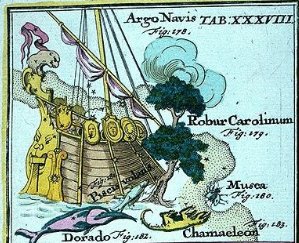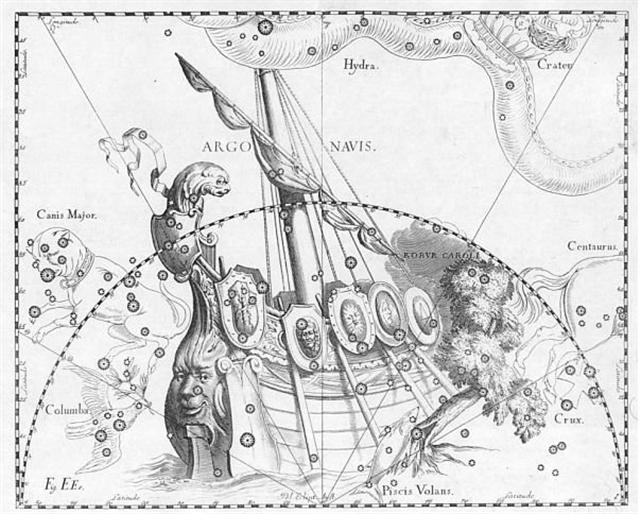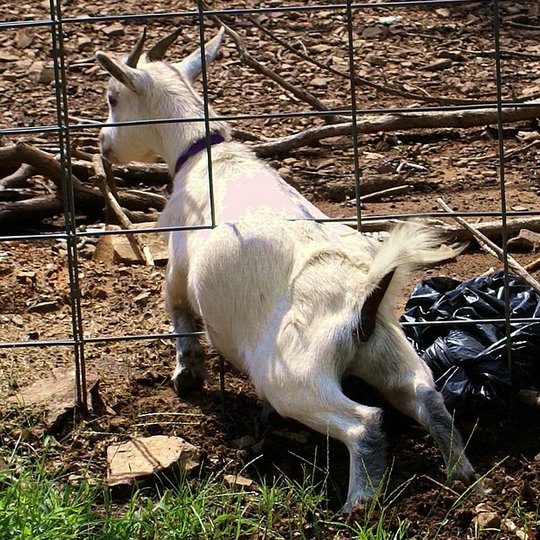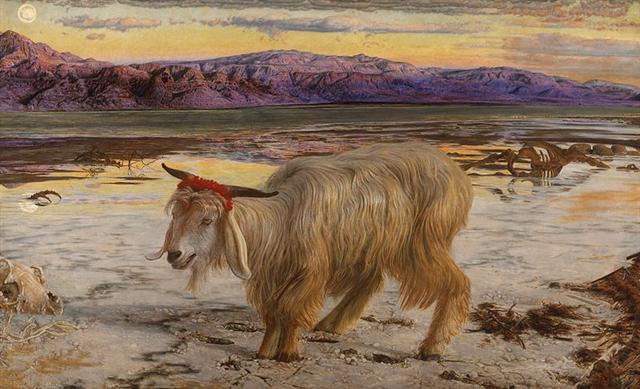|
584
48 The Gregorian calendar (canoe) was 'crooked'; ... Taetagaloa goes right over there and steps forward to the stern of the canoe saying - his words are these: 'The canoe is crooked.' (kalo ki ama). Instantly Likāvaka is enraged at the words of the child. Likāvaka says: 'Who the hell are you to come and tell me that the canoe is crooked?' Taetagaloa replies: 'Come and stand over here and see that the canoe is crooked.' Likāvaka goes over and stands right at the place Taetagaloa told him to at the stern of the canoe. Looking forward, Taetagaloa is right, the canoe is crooked. He slices through all the lashings of the canoe to straighten the timbers. He realigns the timbers. First he must again position the supports, then place the timbers correctly in them, but Kuikava the son of Likāvaka goes over and stands upon one support. His father Likāvaka rushes right over and strikes his son Kuikava with his adze. Thus Kuikava dies. Taetagaloa goes over at once and brings the son of Likāvaka, Kuikava, back to life. Then he again aligns the supports correctly and helps Likāvaka in building the canoe. Working working it is finished ... which could be seen from its stern. I guess this was alluding to Canopus at the stern of Argo Navis.
According to the Gregorian calendar (and my assumed era for the rongorongo) Spica and Alcor were located in day 80 + 202 = 282 (October 9).
But the Pope had unfortunately (XIII) changed the ancient day for 0h: ... When Julius Caesar established his calendar in 45 BC he set March 25 as the spring equinox. Since a Julian year (365.25 days) is slightly longer than an actual year the calendar drifted with respect to the equinox, such that the equinox was occurring on about 21 March in AD 300 and by AD 1500 it had reached 11 March. This drift induced Pope Gregory XIII to create a modern Gregorian calendar. The Pope wanted to restore the edicts concerning the date of Easter of the Council of Nicaea of AD 325. (Incidentally, the date of Easter itself is fixed by an approximation of lunar cycles used in the Hebraic calendar, but according to the historian Bede the English name 'Easter' comes from a pagan celebration by the Germanic tribes of the vernal - spring - equinox.) So the shift in the date of the equinox that occurred between the 4th and the 16th centuries was annulled with the Gregorian calendar, but nothing was done for the first four centuries of the Julian calendar. The days of 29 February of the years AD 100, AD 200, AD 300, and the day created by the irregular application of leap years between the assassination of Caesar and the decree of Augustus re-arranging the calendar in AD 8, remained in effect. This moved the equinox four days earlier than in Caesar's time ... And this should be the realigned 'timbers':
Or to be more precise, after reducing with 6 days' precession from Capella and Rigel to:Aldebaran:
584 (the synodic cycle of Venus) could therefore be perceived as 2 * (192 + 100). Why should we add 100 and not 84? Because anciently they waited 16 days late at night in order to see the relevant star reemerging from the blinding rays of the hot Sun. ... Like the sun, chiefs of the highest tabus - those who are called 'gods', 'fire', 'heat', and 'raging blazes' - cannot be gazed directly upon without injury. The lowly commoner prostrates before them face to the ground, the position assumed by victims on the platforms of human sacrifice. Such a one is called makawela, 'burnt eyes' ...
The distance between these 4 'supports' (ruling stars, 'stones') remained unchanged, but the precession of the Sun brought problems.
... 'Oh, you, why [mo-te-aha] have you violated [toke] the borders of my [tooku] land?' The Hanau Eepe answered, 'There is not enough land [he kainga kore] to live on!' Thereupon the king called out [he rangi] to the Hanau Eepe, 'Here I stand, and I tell all of you: I am taking [he too au] you prisoners [he puru] and I am locking you up in the house of prisoners (hare kopu) for fifty [50, erima te kauatu] years!' Then the king called out [he rangi] to his men, 'Seize [ka too] all of them, and lock up all of the Hanau Eepe! Lock them up [ka puru] for good!' ... [E:55]
|
||||||||||||||||||||||||||||||||||||||||||||||||||||||||||||||||||||||||||||||||||||||||||||||||||||||||||||||||||||||||||||||||||||||||||||||||||||||||||










